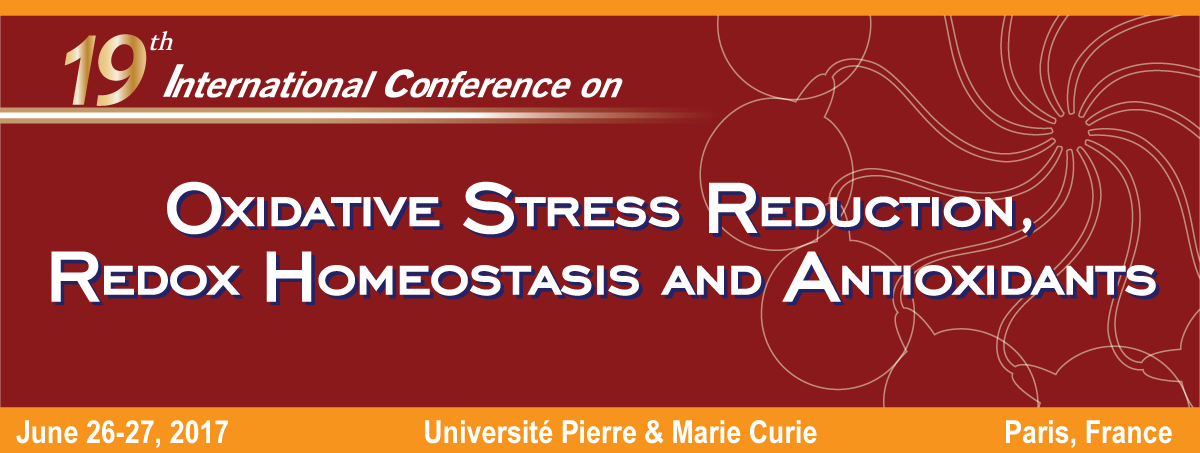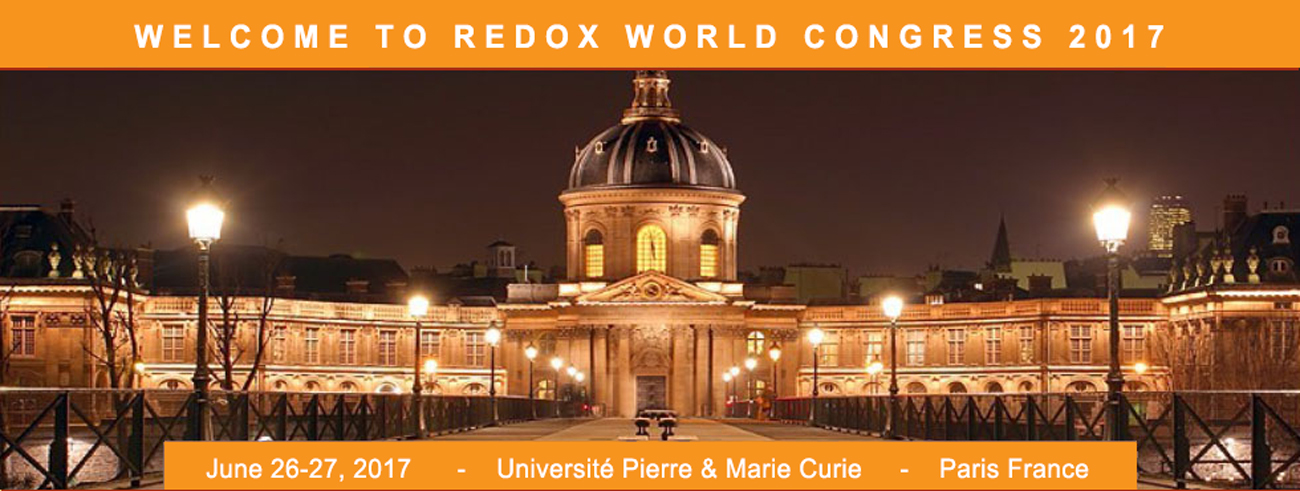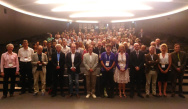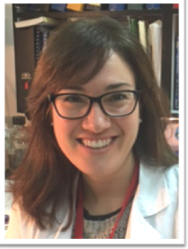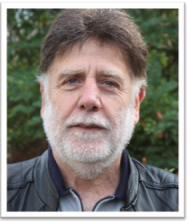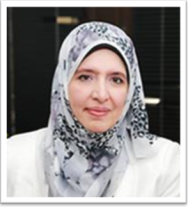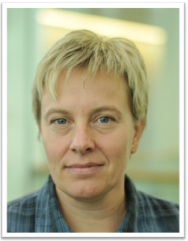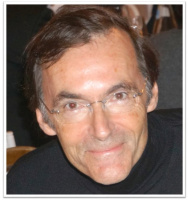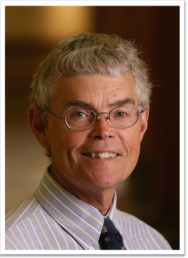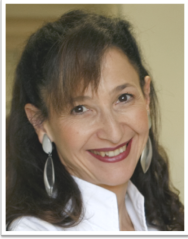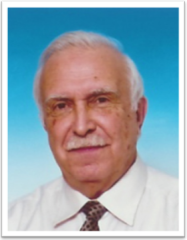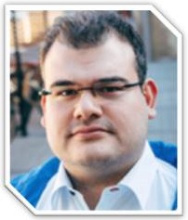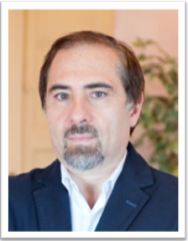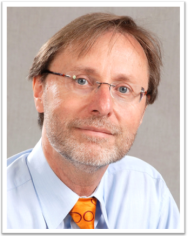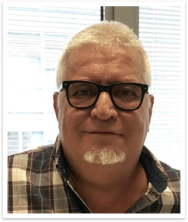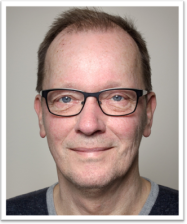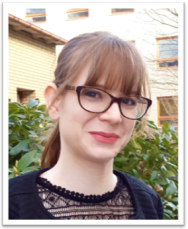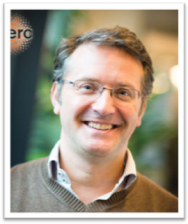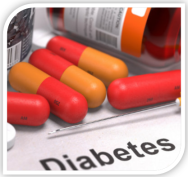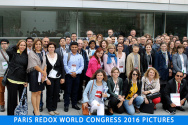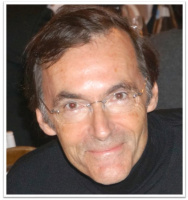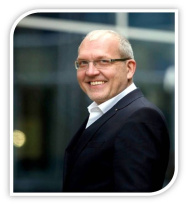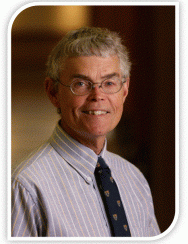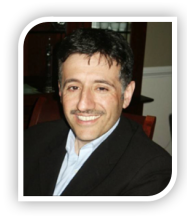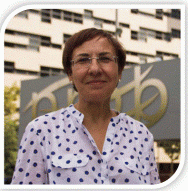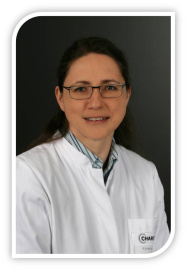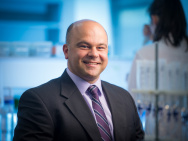Redox signaling predicts disease progression and patient survival in various conditions
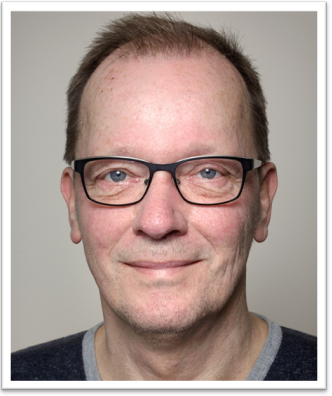
Oxidative stress contributes significantly to various diseases. In cells, free sulfhydryl groups (reduced thiols, R-SH) are the transducers of redox-regulated events; their oxidation status is modulated by interaction with reactive oxygen, nitrogen oxide species and sulfur species and thought to be in equilibrium with the circulating pool. The team of Pr Van Goor believes that increased levels of serum free thiols are a reflection of a favorable redox status and therefore positively associated with disease outcome. They studied free thiols in multiple human disease conditions (renal transplantation, cariac ischemia, heart failure) to elucidate clues to their possible involvement in disease progression and survival. Furthermore, free thiols were studied under ischemic conditions such as remote ischemic preconditioning as used for transplant purposes. They also looked for evidence that links gaseous signaling molecules to the process of Redox signaling.
During Paris Redox World Congress 2017, Pr Harry van Goor from University Medical Center Groningen, The Netherlands will give a talk about the redox signaling disease progression and patient survival in various conditions.
This presentation will complete the talks of Pr Kenneth Olson and Pr Martin Feelisch about ROS, Nitrogen Oxide Species and Sulfur Species.
For more information, please access the program on www.isanh.net
